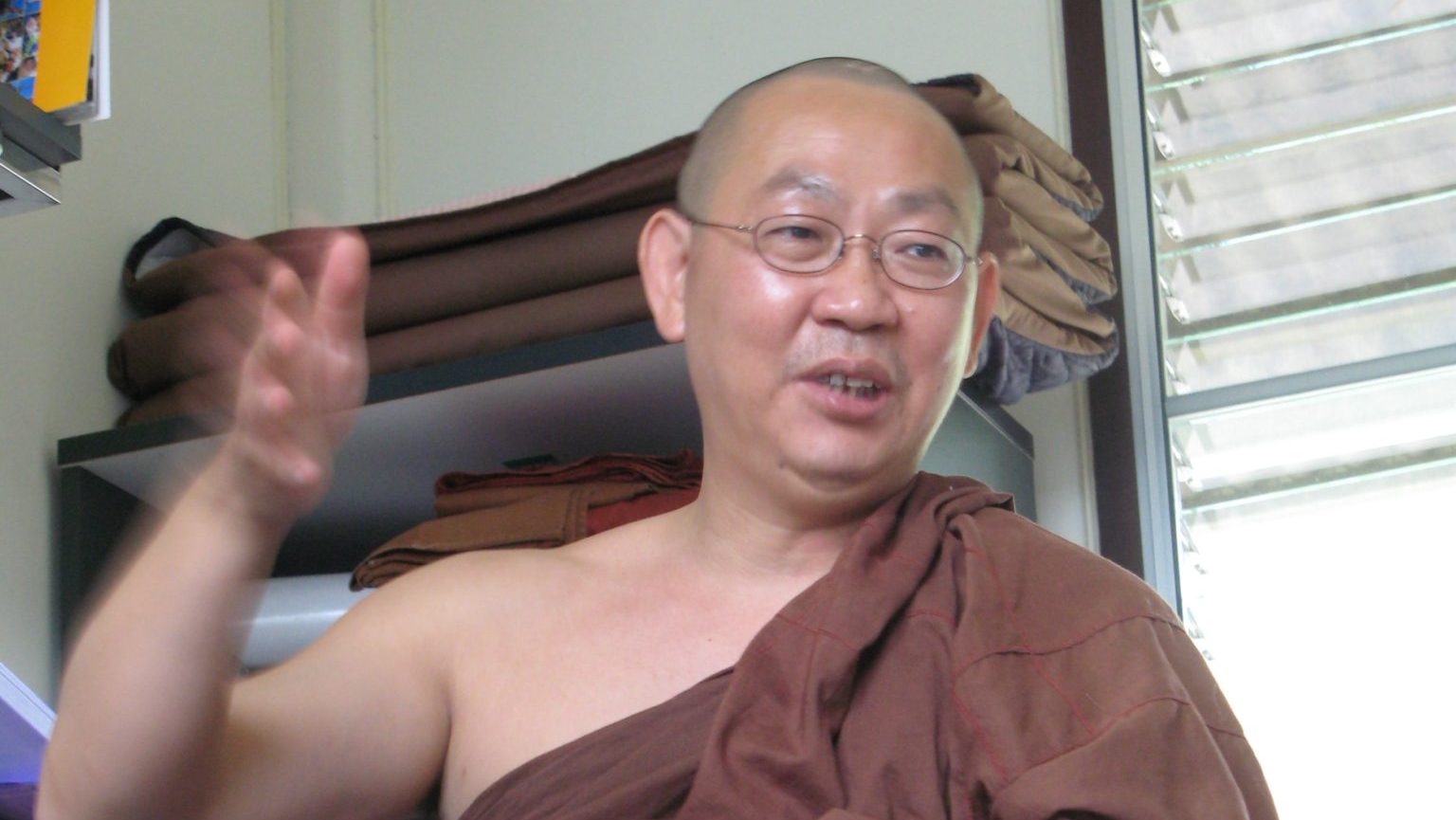Venue: TIMS
In our everyday life, we experience unsatisfactoriness and suffering because of greed (lobha), anger (dosa) and ignorance (moha). Lobha makes us want everything and we never feel satisfied. We keep striving to fulfil or grasp at what we perceive to be desirable. Dosa makes us angry and unhappy. Moha makes us do something without even realising that we are doing it. By itself, each of these factors is harmful but in combination, they create disaster.
When we meditate, we know what our mind is doing. We understand the mind and we ‘see’ the activity of the mind. When we know this, we can control and learn from the mind. Then in our daily activities, we can avoid or at least reduce lobha, dosa and moha. When we are able to do this, we can gradually reduce our suffering. One can practice meditation for however short or long a time one feels comfortable. One can do it for as short as 5 minutes to 10 minutes or for as long as an hour or more. More importantly, meditation helps one to look and observe one’s mind. One can see what it is doing and become aware of how one feels. When one understands it for what it truly is, this will reduce the stress and suffering that one feels in our everyday life.
